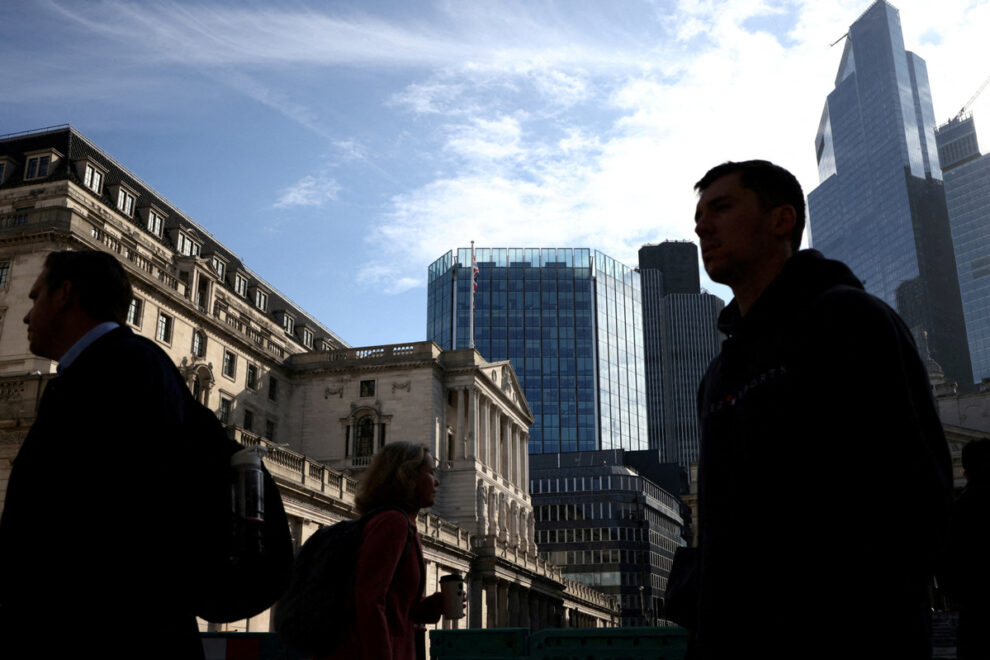The United Kingdom’s consumer price index, or CPI, measure of inflation fell to 6.8 percent in July from 7.9 percent in June, sparked by a record 25.2 percent monthly drop in gas prices and despite service costs hitting a 30-year high, according to data from the Office for National Statistics.
The country’s rate of inflation, dictated by the rising cost of prices, dropped for a second consecutive month and is now at a 15-month low, yet it remains beyond the Bank of England’s target of 2 percent.
The ONS said core inflation, a separate measure that strips out the price of energy, food, alcohol, and tobacco, has remained static at 6.9 percent, which economists say is likely to be of concern for those who set interest rates: the Bank of England’s Monetary Policy Committee members. The UK still has the highest inflation rate in the G7 major economies, and despite the latest data, Britain still faces increased economic risk warn analysts, who state that expected interest rate rises, currently at a 15-year-high, could potentially lead to a recession.
In a social media post, George Dibb, an economist at The Institute for Public Policy Research, said: “It’s good news that headline inflation is lower, especially with energy bills coming down, but there is a very real risk that a recession may soon overtake price rises as the main economic concern.
“Other countries have brought inflation under control quicker than in the UK, with more support for households and workers avoiding unnecessary pain.”
Ruth Gregory, a UK analyst at Capital Economics, commented that the increase in service sector inflation matched with strong wage growth meant the Bank of England was still likely to make another 0.25 percentage point rise in interest rates, from 5.25 percent to 5.50 percent next month.
“There will be one more labor market and one more inflation release before the Bank of England’s September policy meeting. But with wage growth and services inflation both stronger than the bank had expected, it seems clear that the bank has more work to do,” she said.
Inflation data does not justify further rate increases, according to the Institute for Economic Affairs, which criticized the central bank for its focus on past data rather than assessing the impact of significant policy tightening already implemented.
Julian Jessop, an economics fellow at the free market think tank, said: “Unfortunately, the Bank of England continues to look backwards at the headline data over the last month or two, rather than pause to assess the impact of the substantial tightening in policy that is already in place. This makes another unnecessary interest rate increase more likely.”
In a statement, Chancellor of the Exchequer Jeremy Hunt said: “The decisive action we’ve taken to tackle inflation is working, and the rate now stands at its lowest level since February last year.
“But while price rises are slowing, we’re not at the finish line. We must stick to our plan to halve inflation this year and get it back to the 2 percent target as soon as possible.”
Source: China Daily











